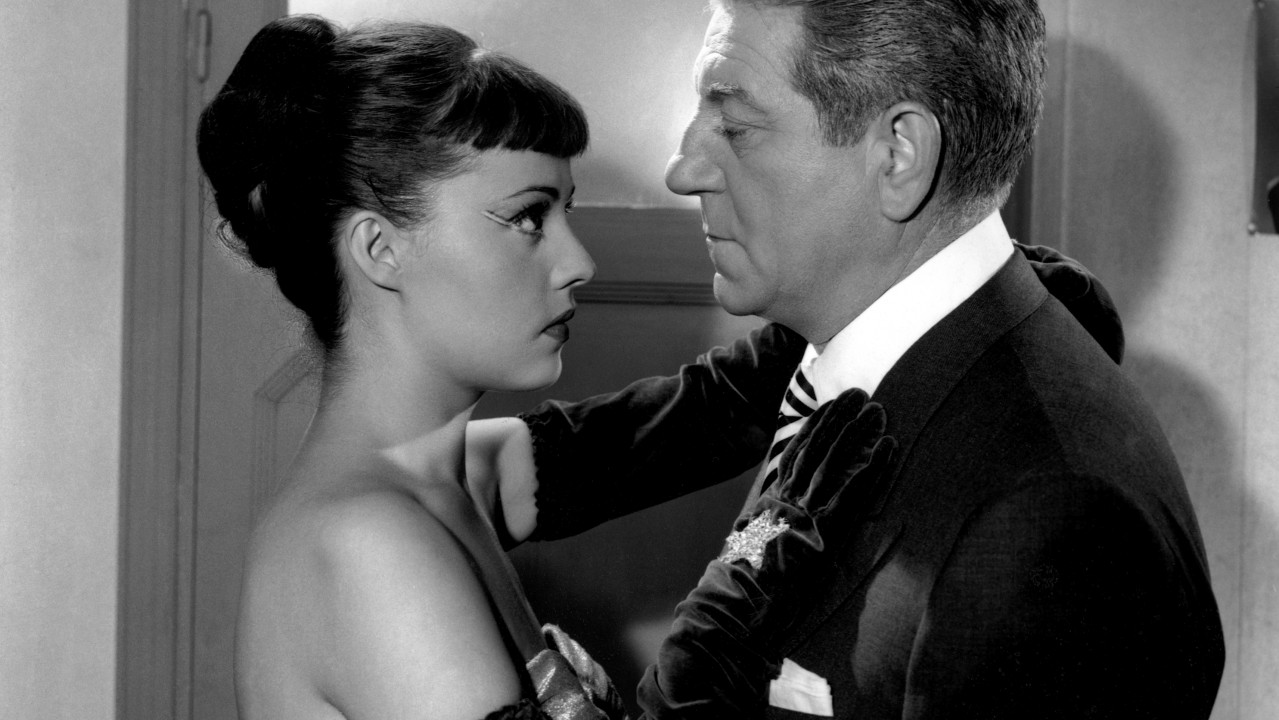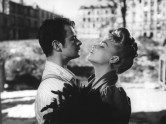
Rediscovering Jacques Becker
Jacques Becker is a vital but unsung protagonist of the post-WWII French cinema. A precise stylist and insightful moralist, Becker’s meticulously detailed films subtly measure the narrative and ethical dimensions of the everyday lives of their unusual heroes: a diverse cast that includes eccentric peasants, obsessive artists, gangster dreamers and hardened convicts. Becker’s refusal to smooth the rough edges of his characters can be traced to his early work as assistant to childhood friend Jean Renoir on classic films such as A Day in the Country and Grand Illusion, complexly humanist tapestries that use a theatrical mise-en-scène to stage the ever-changing dynamic of the tight-knit ensembles studied within them. Becker’s films share with Renoir a rich specificity of place and assigned roles that are performed, but also resisted, by characters whose penchant for betrayal and sudden violence threaten to tear asunder the intimate worlds they invent and inhabit. One abiding theme traced across Becker’s cinema is the fragile uncertainty of human relationships and the mercurial energies that can cement or instantly destroy the intimate bonds of friends, lovers and cellmates alike. Becker’s experience of the Occupation and as a prisoner of war no doubt influenced his compassionate yet unflinching insight into human weakness and treachery.
Becker’s versatility as a director allowed him to work successfully across a wide range of genres, styles and milieu; from the dark naturalism of Goupi Mains Rouge’s study of a decadent farming family to the kitchen-sink moral tales of the “Quartet of Young Love” (Antoine and Antoinette, Édouard and Caroline, Rendezvous in July and Rue de L’Estrapade), from Falbalas’ anxious melodrama of a Parisian couturier to the secret back rooms of the comic-inflected heist thriller Touchez pas au grisbi. The stark architectonic rigor of Becker’s last film and crowning masterpiece, the prison drama Le Trou, declared a bold new direction cut tragically short by his sudden death at the age of fifty-three. This same versatility is perhaps one reason Becker is constantly overlooked, especially outside of France, and rarely heralded as a quintessential French auteur. Better known for revered films such as Casque d’or and Le Trou than his larger oeuvre, Becker is rediscovered every ten years or so to great critical acclaim, only to be gradually forgotten once again. This retrospective goes a step further than past efforts by including the rarely screened early works Dernier atout, Rue de L’Estrapade and The Adventures of Arsène Lupin.
Experiencing the full arc of Becker’s impressive but sadly foreshortened career makes clear his close affinities to such great fellow filmmakers as Renoir, Grémillon, Bresson, Clouzot and Melville. Like Clouzot and Melville in particular, Becker occupies an in-between place: between generations, between the Occupation and the post-war, between cynicism and optimism. With their richly contradictory characters and rare ability to linger meaningfully on seemingly inconsequential moments, Becker’s films also possess a spontaneity and awkward grace equally born from bursts of lyrical camerawork as remarkable plot turns. Becker’s ethical and stylistic rigor, reinvention of genres, and talent for cementing a scene and place in a vivid and unexpected gesture (the doorman collecting butts to make a new cigarette in Falbalas, the aging gangsters munching on foie gras toasts in Touchez pas au grisbi) makes him more than an interstitial figure but rather a crucial bridge and conduit between his generation and the spirited Nouvelle Vague who followed closely in his footsteps. – Haden Guest




















